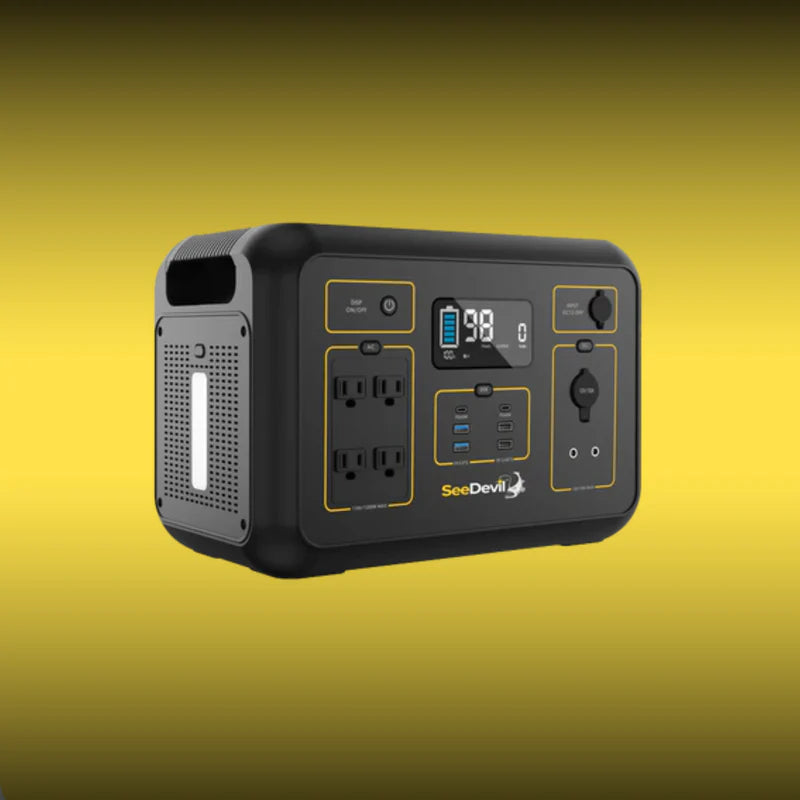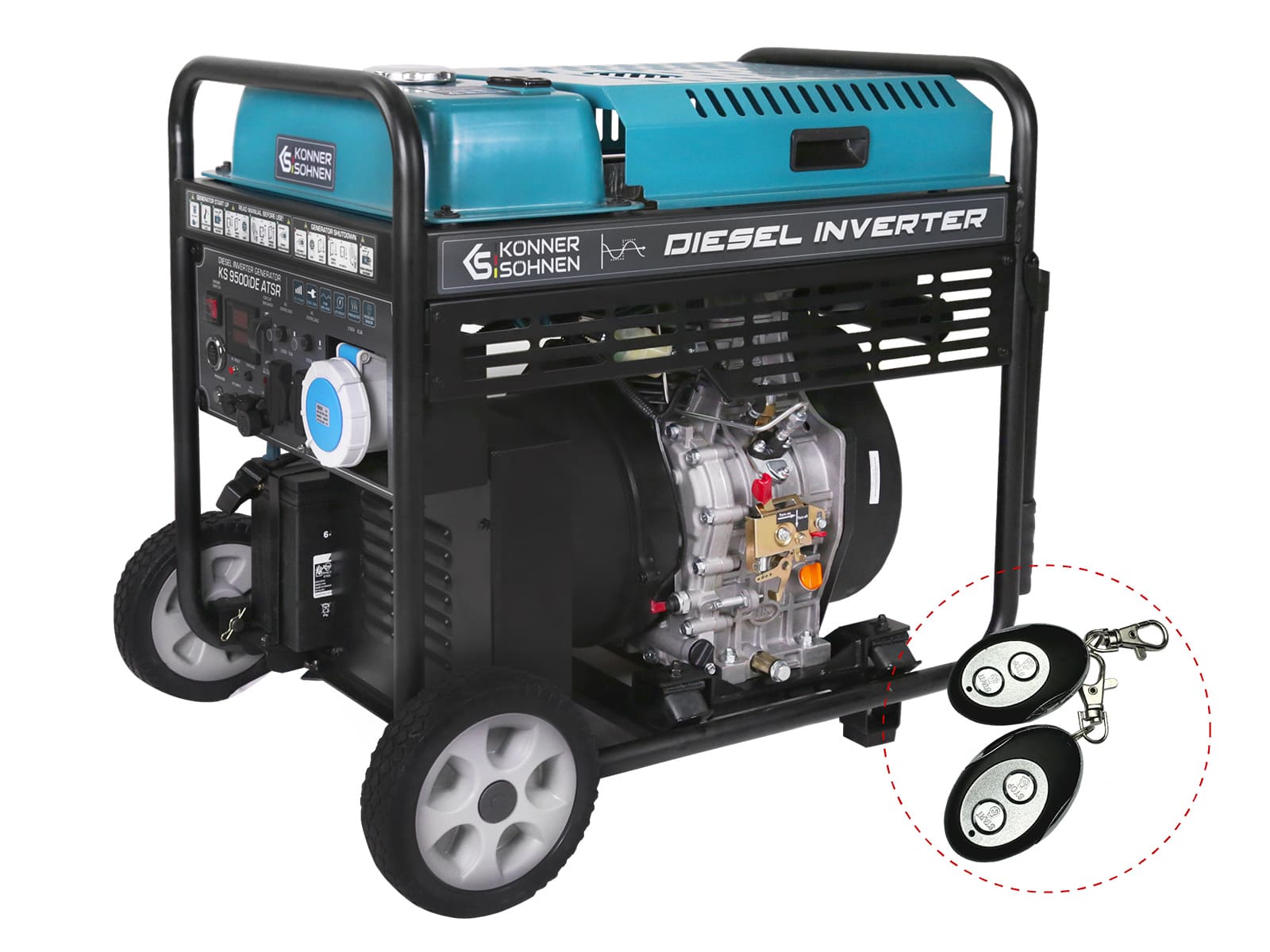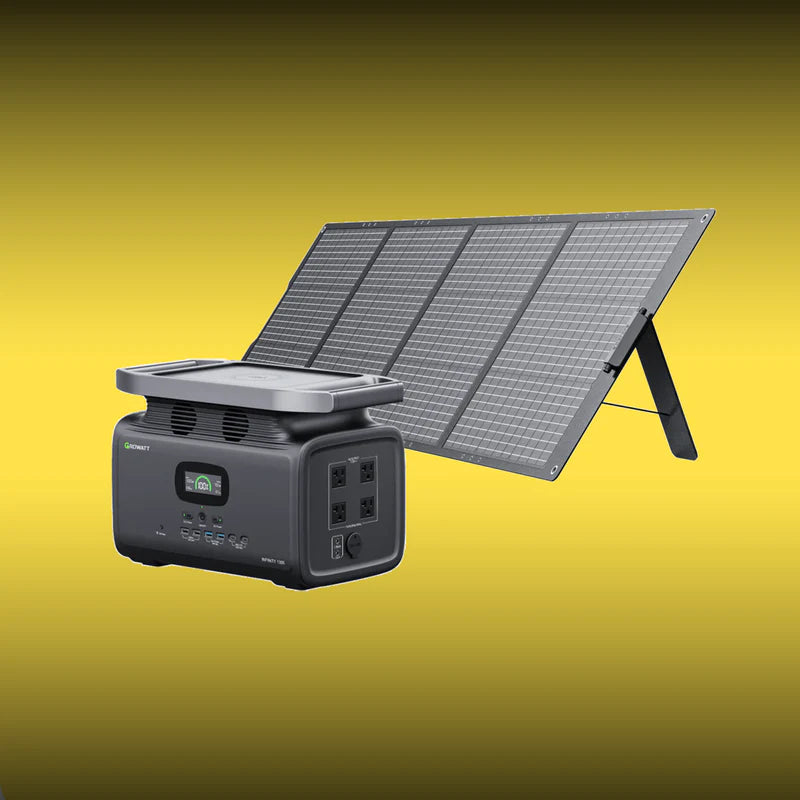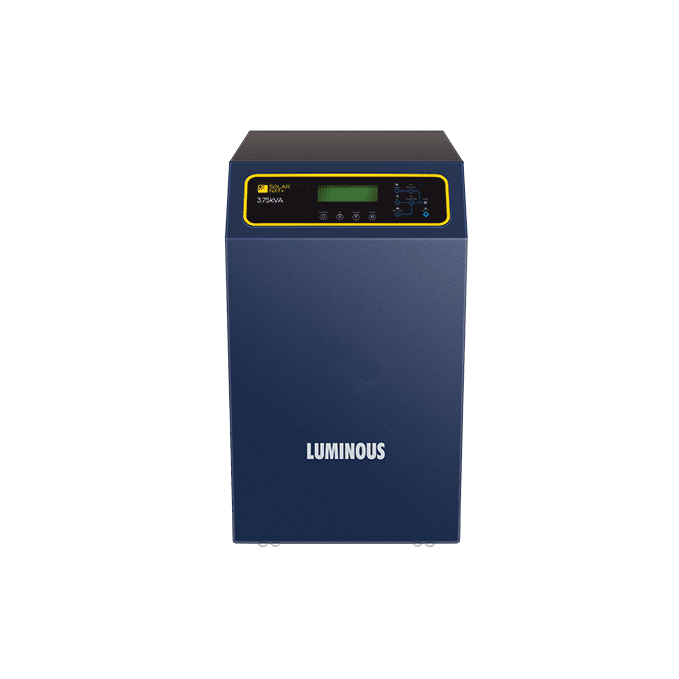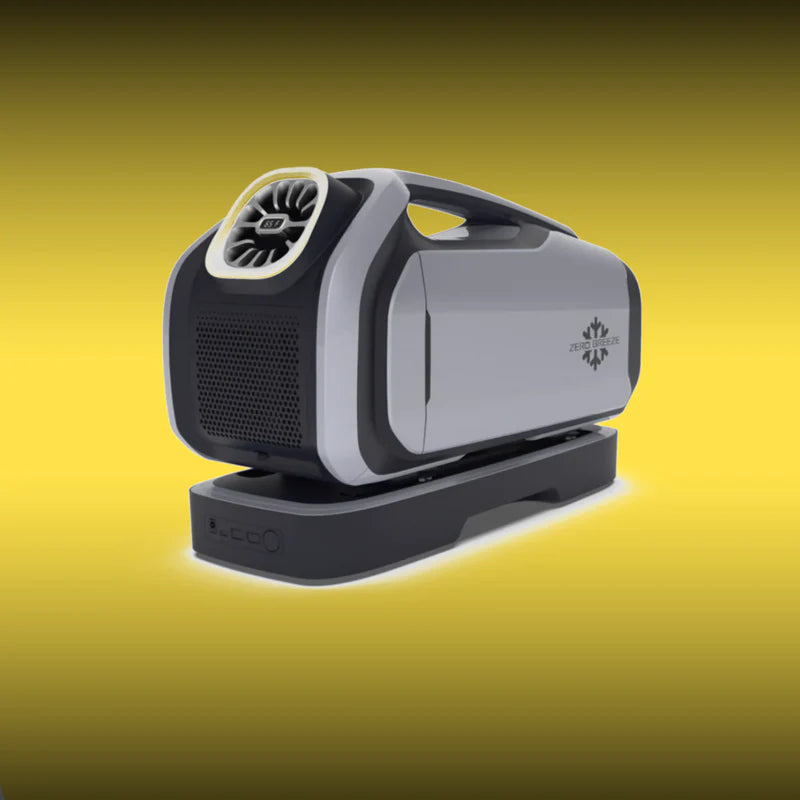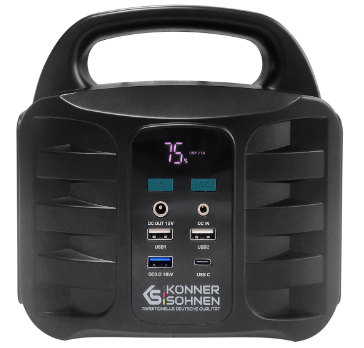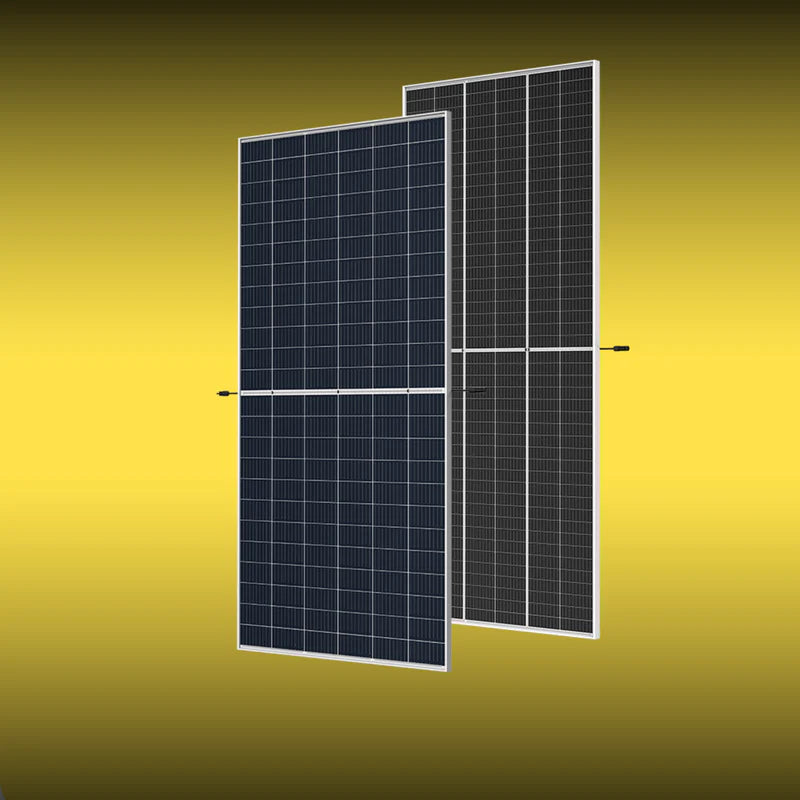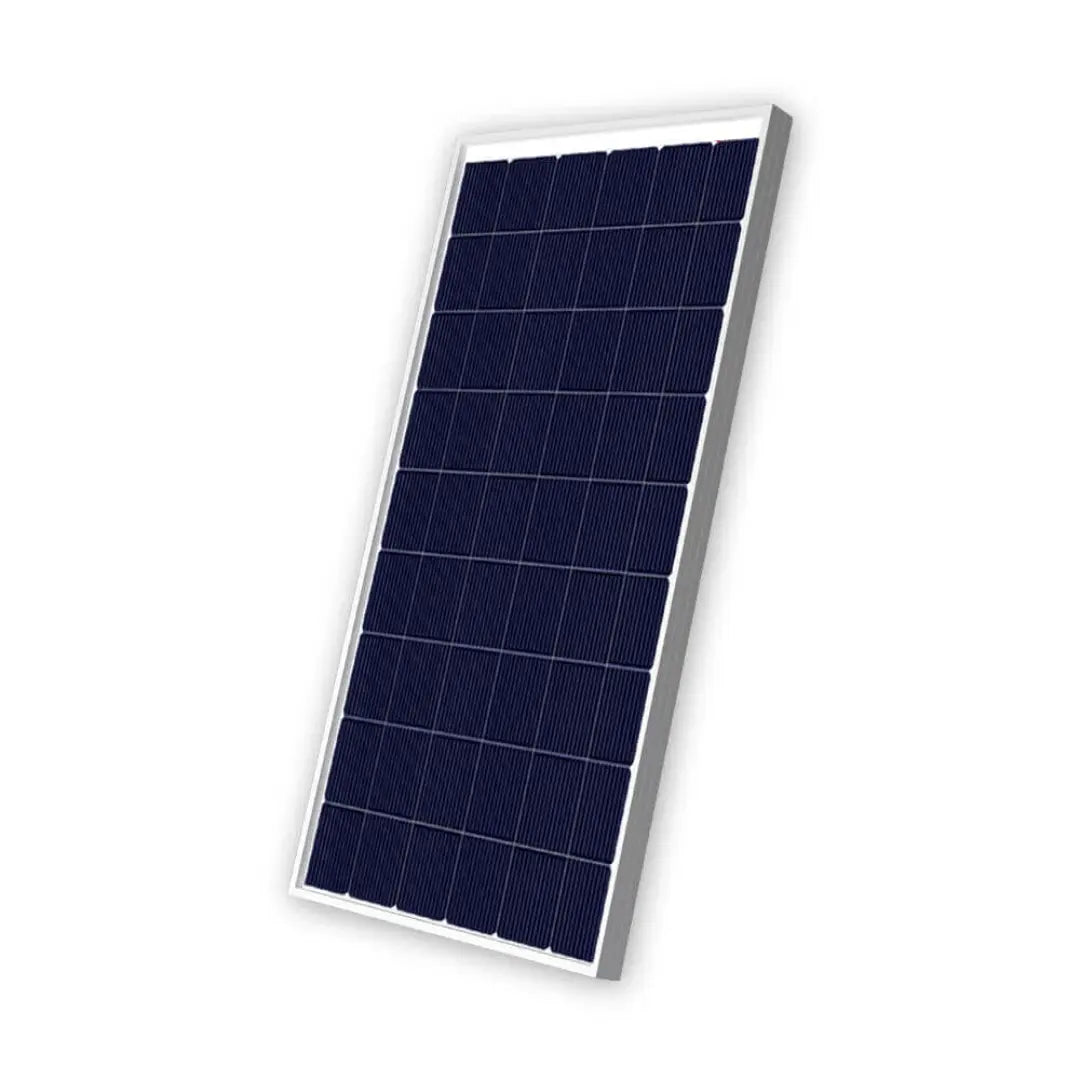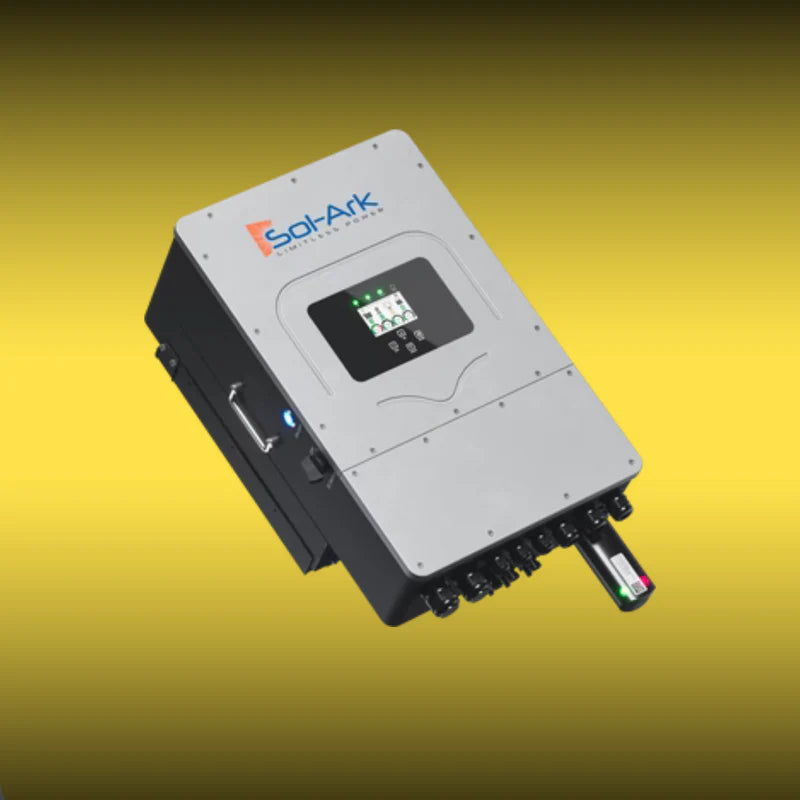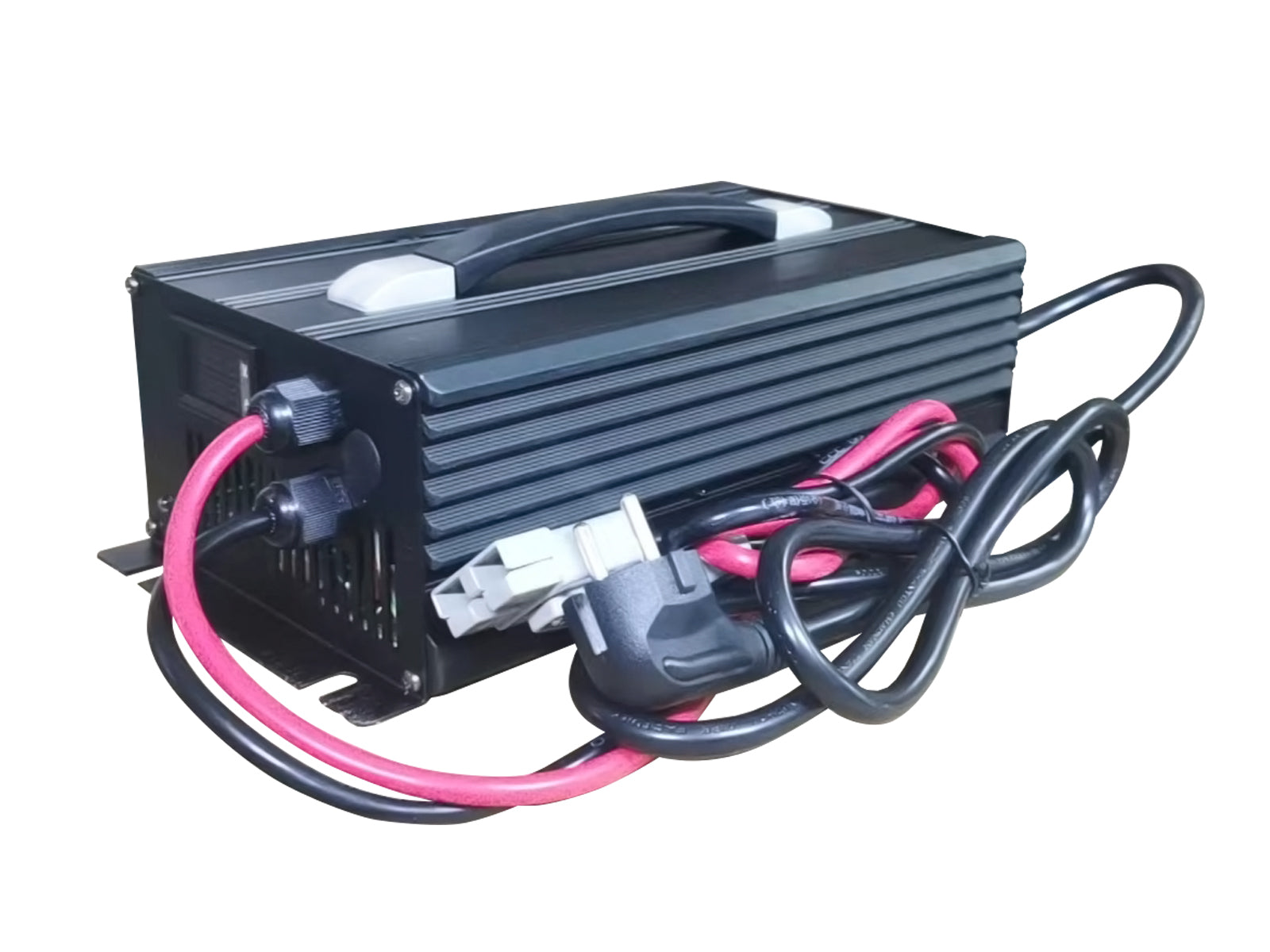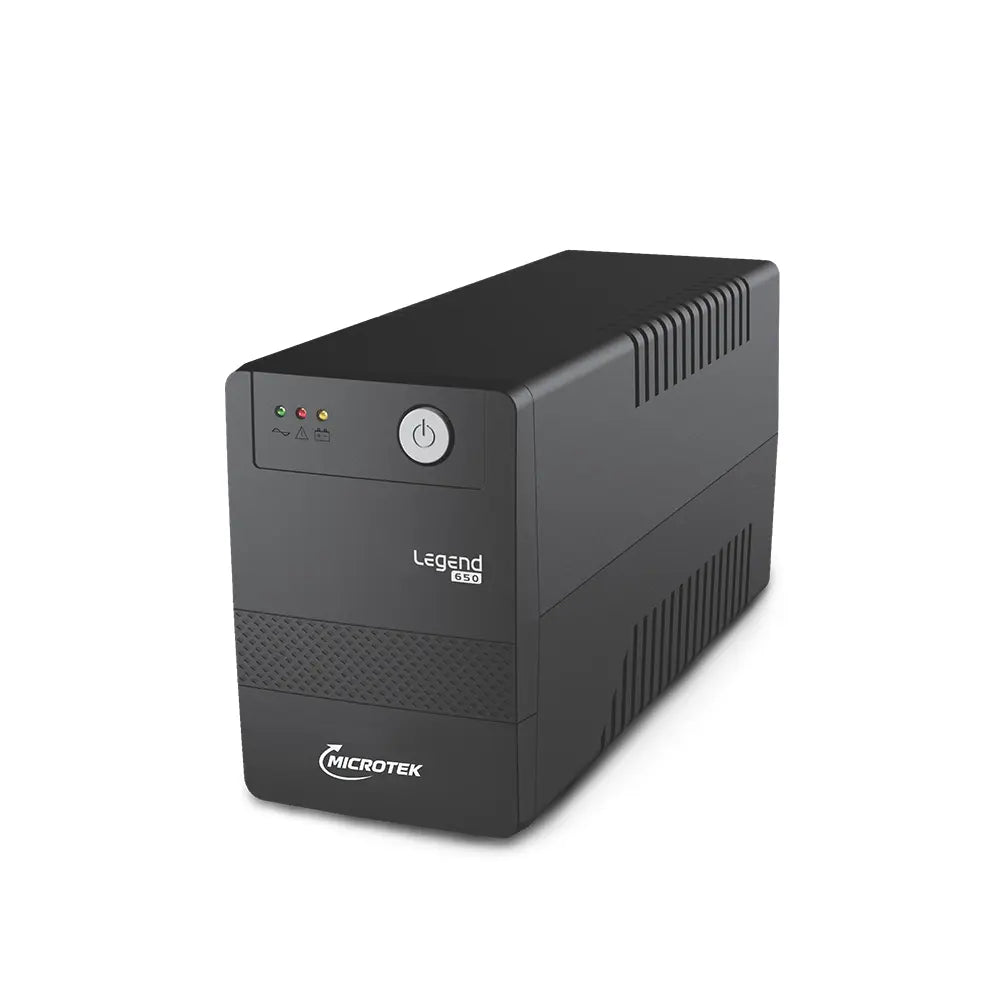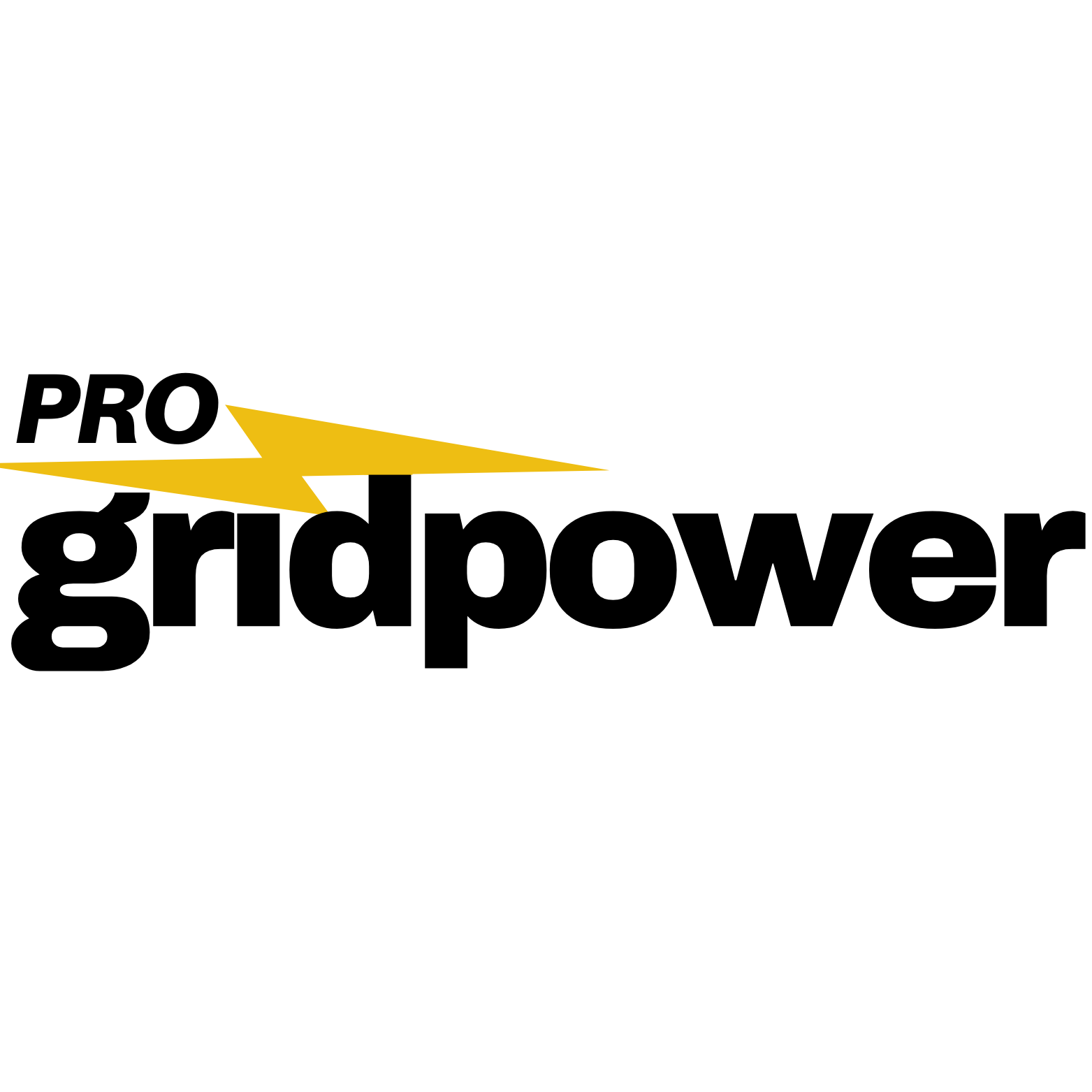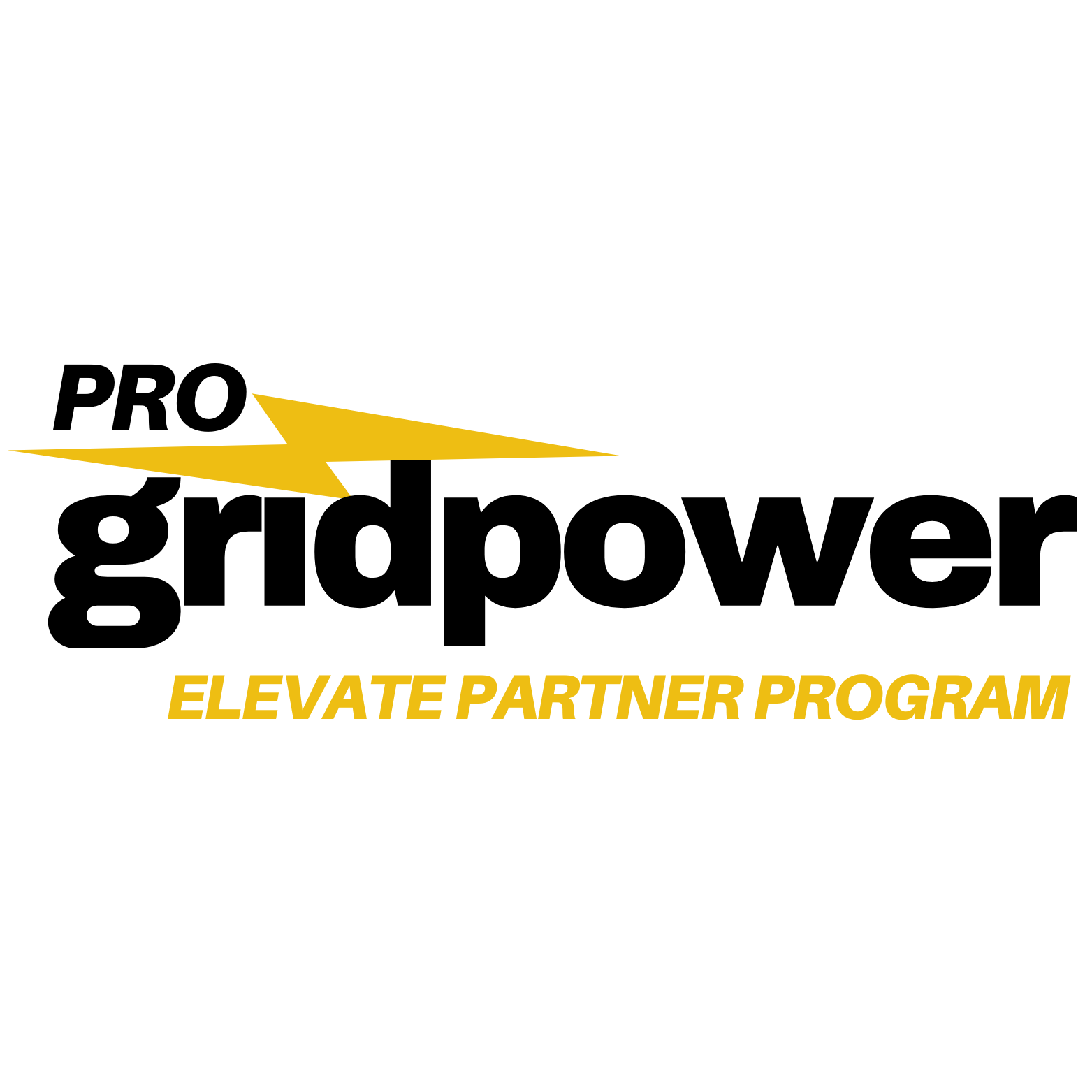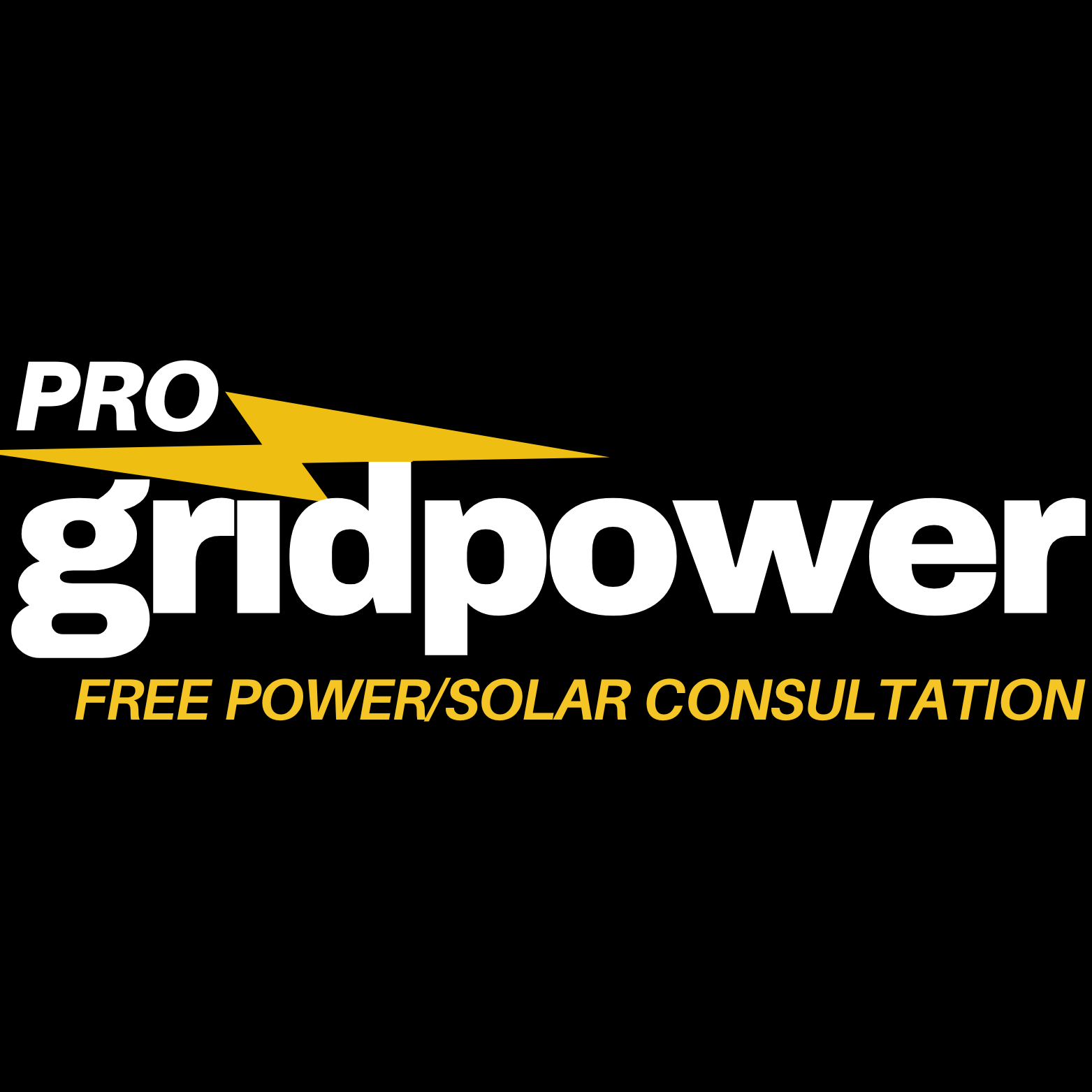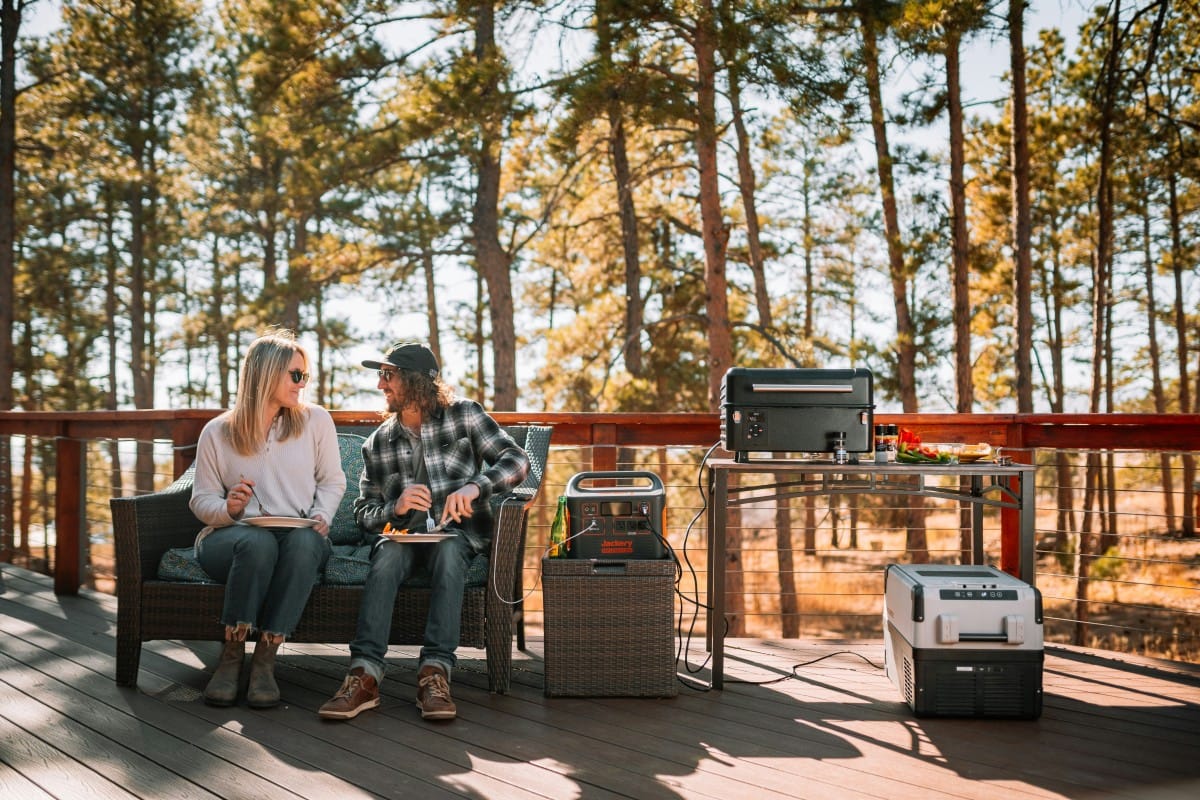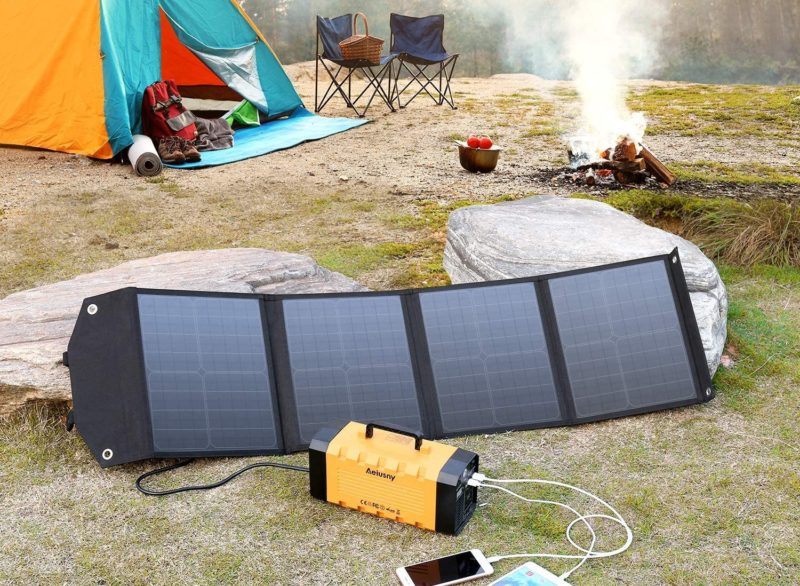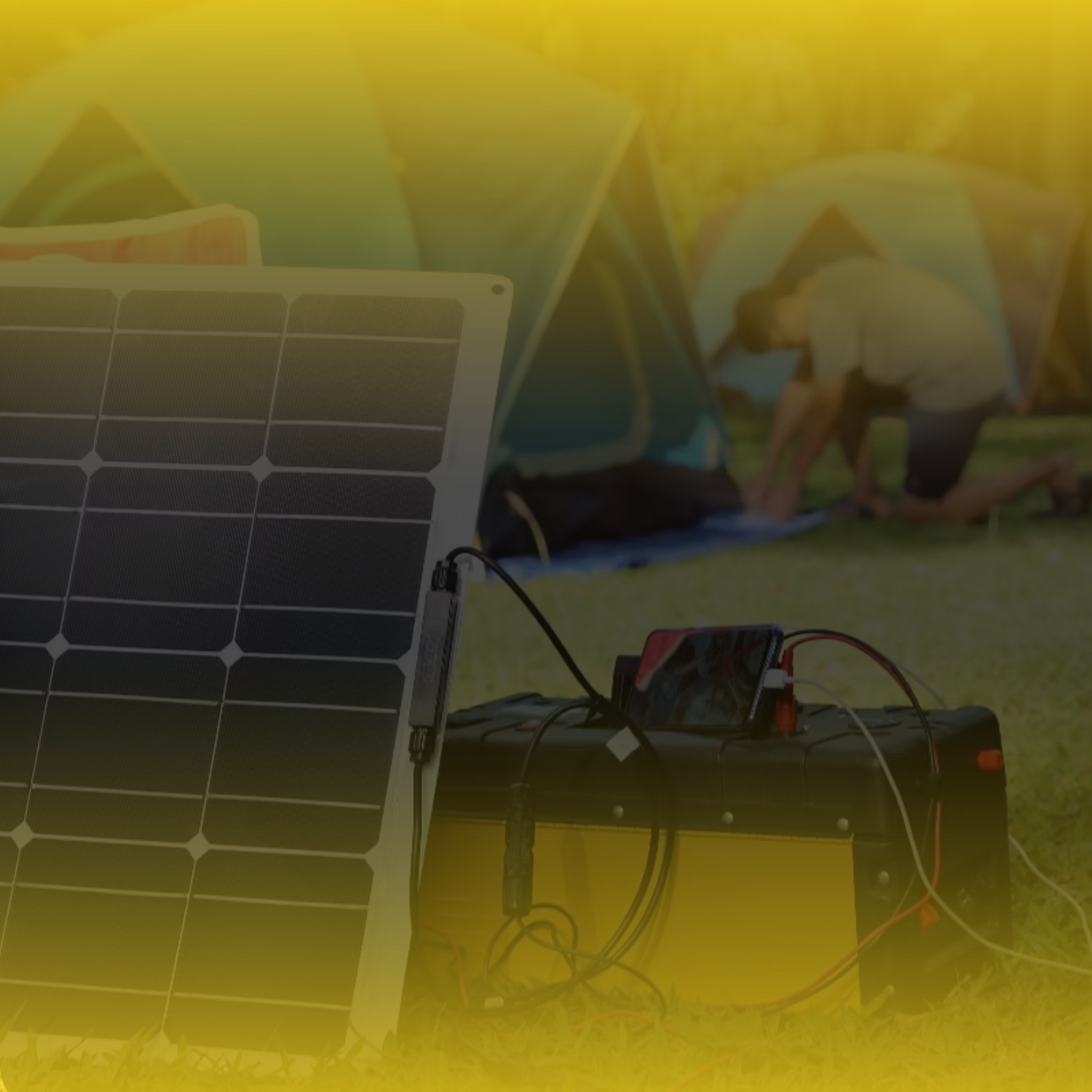Embrace Off-Grid Living with the Right Solar and Power Equipment
As off-grid living becomes more popular, many people are seeking the best solutions to power their homes, cabins, RVs, or outdoor adventures. Whether you’re preparing for a camping trip, aiming to reduce dependence on the grid, or planning to live fully off-grid, selecting the right solar and power equipment is crucial. In this guide, we’ll explore the essential items you need—from solar panels to inverters, portable generators, and more—and how to choose the right gear for your off-grid lifestyle.
1. Solar Panels: Your Primary Energy Source
Solar panels form the backbone of any off-grid energy system, converting sunlight into electricity to power your appliances and devices. Selecting the right panels involves understanding your energy needs and the conditions in which you’ll use them.
- Wattage Requirements: Calculate your daily energy consumption. Larger setups, such as homes, benefit from high-wattage panels (300W and above), while smaller panels (100W or less) are ideal for RVs, vans, or camping.
- Efficiency: Choose panels with high efficiency ratings (18-22%) to maximize energy production, especially if sunlight is limited or space is a concern.
- Portability: Foldable and lightweight solar panels are excellent for outdoor enthusiasts or travelers, offering convenience during setup and takedown.
Pro Tip: Look for solar kits that include panels, charge controllers, and cables for an all-in-one solution, perfect for quick and easy deployment.
2. Power Stations: Portable Energy on Demand
A power station is a compact and versatile energy storage device, ideal for both off-grid living and backup power. These devices combine batteries, inverters, and multiple output options into one convenient unit.
- Battery Capacity (Wh): Select a power station with a capacity that matches your needs. For light use, such as charging phones or lights, a station with 300-500Wh is sufficient. For heavier use, such as running refrigerators, aim for capacities of 1000Wh or more.
- Multiple Outputs: Ensure the station supports a variety of output ports, including AC, USB, and DC, to charge or power multiple devices at the same time.
- Solar Charging Compatibility: Check that your power station can recharge via solar panels for seamless integration into your off-grid system.
Pro Tip: Some power stations also support expansion packs, allowing you to increase storage capacity as your energy needs grow.
3. Portable Generators: Reliable Backup Power
Generators provide dependable energy when solar panels fall short, such as during cloudy weather or at night.
-
Fuel Type:
- Solar Generators: Quiet, sustainable, and perfect for long-term off-grid use.
- Fuel Generators (Gas, Propane, Diesel): Ideal for short-term use or areas where solar input is insufficient.
- Power Output (W): Calculate the total wattage of the devices you’ll power. Compact models (1000W) suit light use, while larger models (3000W and above) can power entire homes.
- Inverter Generators: Quieter and more fuel-efficient, they provide clean power for sensitive devices like laptops and medical equipment.
Pro Tip: Combine a solar generator with traditional fuel-based generators for a hybrid system that offers flexibility and reliability.
4. Batteries: Store Energy for Later
Batteries are essential for storing solar energy, ensuring a steady power supply during nights or cloudy days.
- Battery Capacity (Ah): High amp-hour ratings translate to longer runtimes. Select deep-cycle batteries designed for continuous charging and discharging.
-
Battery Type:
- Lithium-ion Batteries: Lightweight, efficient, and long-lasting but more expensive.
- AGM Batteries: Affordable, durable, and maintenance-free but heavier and with a shorter lifespan.
- Expandability: Choose systems that allow for additional batteries to accommodate growing energy needs.
Pro Tip: A large battery bank can store multiple days' worth of energy, providing peace of mind during prolonged periods of low sunlight.
5. Inverters: Power Your Appliances
Inverters convert DC power from solar panels or batteries into AC power for standard household appliances.
-
Pure Sine Wave vs. Modified Sine Wave:
- Pure Sine Wave: Best for sensitive electronics like laptops, medical devices, and audio equipment.
- Modified Sine Wave: Budget-friendly but less suitable for delicate devices.
- Power Capacity: Match the inverter’s capacity to the combined wattage of your appliances. For whole-house setups, consider inverters with capacities of 3000W or more.
- Surge Power: Ensure the inverter can handle the startup surge required by appliances like refrigerators or power tools.
Pro Tip: Many high-quality inverters come with built-in safety features like overload protection and temperature regulation.
6. Essential Accessories for Your Off-Grid System
To ensure your system operates efficiently, don’t overlook these key accessories:
- Charge Controllers: Regulate the energy flow from your solar panels to the batteries. MPPT controllers are the most efficient, capturing more energy than PWM models.
- Cables and Mounting Kits: Invest in weather-resistant cables and secure mounting systems to protect your setup and optimize performance.
- Monitoring Systems: Some systems include energy monitors to track production, consumption, and battery health, helping you manage your power use effectively.
Pro Tip: Choose accessories from reputable brands to ensure durability and compatibility with your main components.
7. Why Off-Grid Systems Are Worth the Investment
Switching to an off-grid system offers numerous benefits:
- Energy Independence: Free yourself from reliance on utility companies and avoid disruptions during power outages.
- Cost Savings: While the upfront investment can be significant, long-term savings on energy bills make it worthwhile.
- Sustainability: Solar-powered systems reduce your carbon footprint, contributing to a cleaner environment.
Pro Tip: Plan your system with future expandability in mind to adapt to evolving energy needs.
Conclusion: Build Your Off-Grid Power System Today
Whether you’re preparing for an off-grid lifestyle or simply want reliable backup power, choosing the right solar and power equipment is crucial. By understanding your energy needs and investing in a well-rounded system—including solar panels, power stations, generators, batteries, and inverters—you can enjoy a self-sufficient and sustainable energy solution tailored to your lifestyle.
Ready to get started? Explore our store for top-rated solar and power equipment designed to help you embrace off-grid living with confidence and ease.

